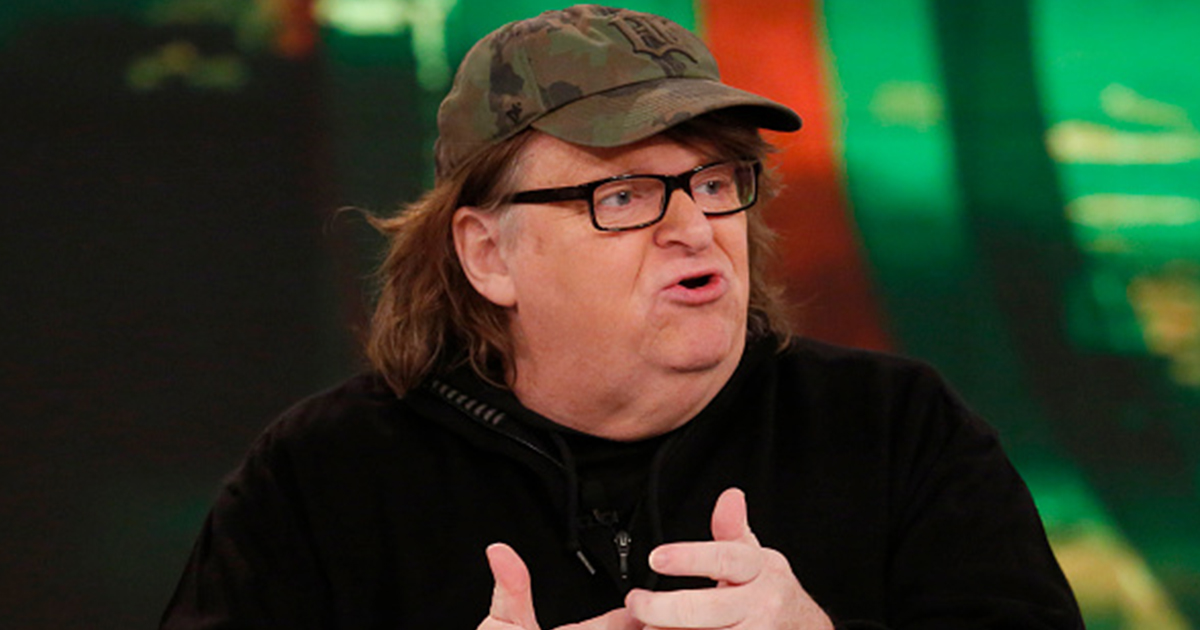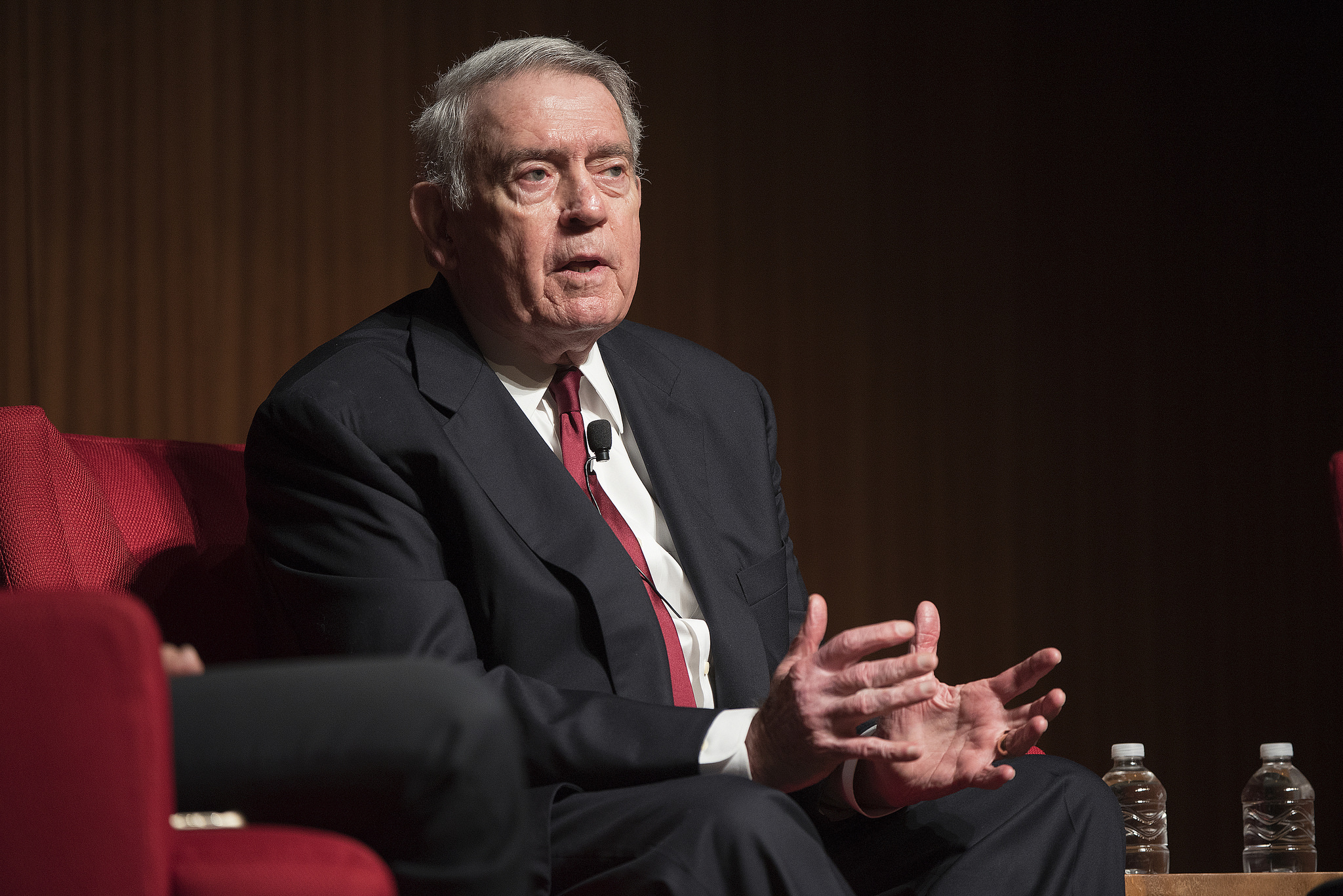These 10 Films Defined the Obama Era
By:
We are preparing for the serious business of saying goodbye to the nation's first African-American president, Barack Obama.
.jpg?auto=format&crop=faces&fit=crop&q=60&w=736&ixlib=js-1.1.0) AP/Joshua Roberts - apimages.com
AP/Joshua Roberts - apimages.com
We are also readying ourselves for the frothier business of Oscar awards season.
To recognize both events, here is a look back at 10 time-capsule films that helped define the last eight years, in descending order.
Not all of them were the best — or even the most popular — films of their kind. But all of them captured the diverse essences of American life in the Obama years.
10) "Capitalism: A Love Story" (2009)
 Getty/Heidi Gutman - gettyimages.com
Getty/Heidi Gutman - gettyimages.com
Michael Moore's most outrageous and ambitious documentary was released at the rock bottom of the Great Recession. And as the three-way war among presidential candidates Donald Trump, Hillary Clinton, and Bernie Sanders proved, the economic inequality issues Moore raised then remain even more relevant today.
9) "The Hurt Locker" (2008) and "Zero Dark Thirty" (2012)
Many films have said that "war is hell," but the first truly great film about the post-9/11 Iraq War, "The Hurt Locker" (for which director Kathryn Bigelow became the first woman helmer to win a best picture and best director Oscar), and Bigelow's Osama bin Laden-killing companion film "Zero Dark Thirty" both showed that "war is an addiction." The quagmires of ISIS, Syria, and the never-ending battle between Palestine and Israel proved they were only too right.
8) "Lincoln" (2012)
Screenwriter Tony Kushner turned the battle to end slavery into a metaphor for the legislative arm-twisting needed to pass the Affordable Care Act. Director Steven Spielberg's "Lincoln" dramatized the never-ending struggle between "the good and the perfect," which defined the Obama era's politics — and compromises.
7) "Chi-Raq" (2015)
"Dylann Storm Roof — he's the proof! Post-racial?? POOF!" Director Spike Lee's scorched-earth gangland satire of "Lysistrata" was as in-your-face as this year's magnificent "Moonlight" was delicate and subtle. But it was that audacity that made it the movie of the Black Lives Matter era. And what seemed like snark less than a year ago seems only too stark today.
6) "Truth" (2015)
 Flickr / LBJ Library - flickr.com
Flickr / LBJ Library - flickr.com
Telling the story of a real-life CBS News scandal, the ironically titled "Truth" presaged today's debate over "fake news" and leaks that literally had the power to change a presidential election. The best picture-winning "Spotlight" portrayed dead-tree journalism in a heroic light that same year, but this very inconvenient "Truth" shined its own spotlight on what journalism had the dark potential to become in a new media age.
5) "The Big Short" (2015)
The 2008 economic meltdown unleashed a tsunami of films about the fall of the American financial system — "Too Big to Fail," "Margin Call," "Wall Street II: Money Never Sleeps," "The Wolf of Wall Street" — but the kinetic, ironic "Big Short" topped them all. The cost of the meltdown? Trillions. But the look on Steve Carell's face when his character realized that it was all going to collapse — and there was absolutely nothing he could do to stop it? Priceless.
4) "Precious" (2009)
"Precious" was as pilloried as it was praised for trafficking in the worst stereotypes of black women as victims, enablers, bitches, and welfare queens. But "Precious" (and its spiritual sequel "For Colored Girls") were commercially successful and artistically provocative movies centered on characters who were black AND female — there were no "white savior" narratives or men coming in at the last minute to save everything. Soon, three of the hottest dramas on TV were shows like director Lee Daniels' own "Empire," and the Shondaland one-two punch of "Scandal" and "How to Get Away With Murder." "Precious" and "For Colored Girls" FINALLY showed Hollywood that sisters could do it for themselves.
3) "Milk" (2008)
Sean Penn's blistering performance as assassinated gay rights leader Harvey Milk (whose slogan was "You gotta give ‘em hope!") came out the same month as Barack Obama's hope-and-change victory. And it kicked off the decade in which LGBTQ equality would become the new civil rights struggle, culminating with the 2015 Supreme Court legalization of gay marriage.
2) "Up in the Air" (2009)
George Clooney gave perhaps his best performance as frequent-flying efficiency expert Ryan Bingham in this film, released at the bottom of the Great Recession. Village Voice critic Dennis Lim accused writer/director Jason Reitman of "leaning right" politically because Reitman didn't make Clooney's corporate downsizer a one-dimensional villain. Yet that was the point: In an economy that measures productivity not by how many people it can hire, but by how many it can do without, how do you tell the good guys from the bad?
1) "The Social Network" (2010)
Chances are, you're reading this very article on a link from Facebook or Twitter and perhaps sharing it on your social media. Bolstered by a career-making performance by Jesse Eisenberg as Facebook founder Mark Zuckerberg, an Oscar-winning script by Aaron Sorkin, direction by David Fincher, and a steely soundtrack courtesy of Trent Reznor, "The Social Network" was the definitive film to chart the transition to today's brave new world, where megabyte technology and meaningful human interactions blur into one.
Telly Davidson is the author of the recent "Culture War: How the '90s Made Us Who We Are Today." He has been published in Guitar Player, All About Jazz, FrumForum, and Yahoo Movies and has worked on numerous PBS specials. He lives in Southern California.
